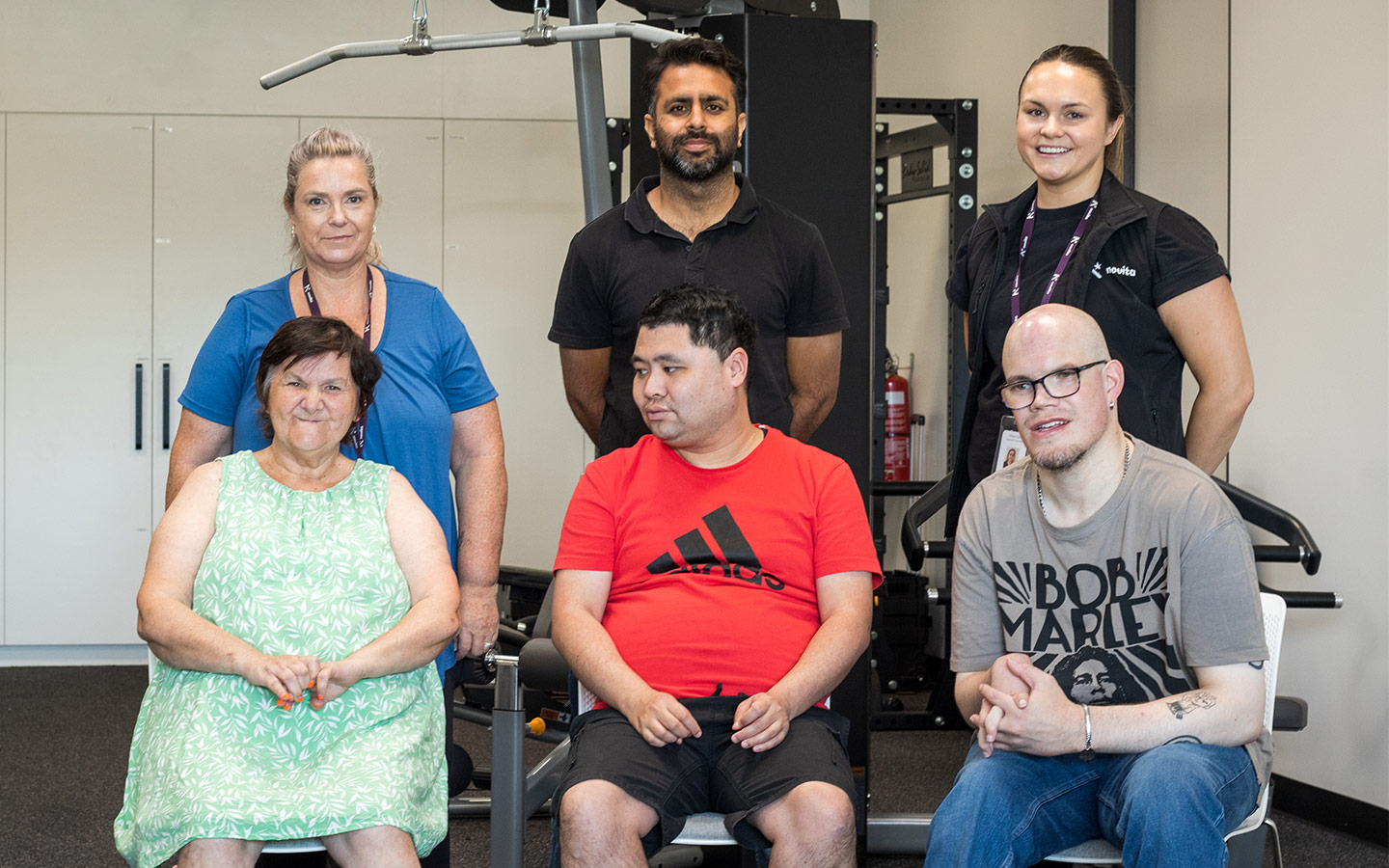Helpful Information
Top tips for navigating change as you prepare for adulthood
access_time15min read

Top tips for navigating change as you prepare for adulthood
Throughout life’s journey, dealing with change can often be a challenging experience, particularly when entering adulthood. Finishing school, moving out of home and finding a new job can seem daunting at first. We can become comfortable with routines and schedules, and it can be scary to start something new. Our therapists are experienced in supporting people with change and we’ve put together some of their top tips and suggestions for confidently navigating change as you prepare for adulthood.
Examples of change
Decision Making
When you turn eighteen, you are legally required to make your own decisions. Some of these decisions include managing the support you receive, voting in an election and managing your finances. Though this might sound scary, it is important to know that you can access support if you need it. This could be done through an appointed guardian (such as a family member or the Office of the Public Advocate.)
Here is a list of some decisions you might need to think about:
- Lifestyle and recreation
- Education and employment
- Accommodation
- Service Requirements
- Health
- Finance
- Legal decisions
Feelings that come with decision making could be:
- Anxiety
- Fear
- Apprehension
Finishing school
Finishing school is an exciting achievement, but it can leave us with lots of questions about what the future will look like. You may be thinking about employment or further education. It can be difficult to decide what is going to be the best fit for you. If you are feeling unsure or overwhelmed about this transition, the first step is to understand the different pathways you can follow.
Feelings that come with finishing school could be:
- Excitement
- Sense of achievement/accomplishment
- Sadness
- Anxiety
- Depression
- Nervousness
- High expectations
- Loneliness
If you’re feeling lost or lonely after finishing school, you are not alone. There are many resources for people living with disability after they finish school. A great place to start is the NDIS School Leaver Employment Supports (SLES), an initiative which supports young people find opportunities in the year they complete school and directly after. SLES funds local programs to help with the changes that come with finishing school.
Novita’s Transition to Work Program program can be funded by the SLES and supports young people to gain the skills and confidence to find employment or work experience after finishing school.
Through these programs, you will learn skills in:
- Communication
- Social skills
- Customer service
- Time management
- Numeracy and literacy
- Appropriate workplace behaviour
- Interview and resume skills
- Personal grooming and care
These programs help deal with change in a gradual and friendly environment. Participants learn about change and why it is important to experience it as we get older.
Moving out
Moving out, if possible, is often an exciting and nerve-wracking step to take when reaching adulthood. Finding the right accommodation to suit your needs can be time-consuming experience, but it is an important part finding independence.
Feelings that come with, moving out could be:
- Apprehension
- Stress
- Anxiety
- Excitement
Some options for moving out include Supported Independent Living (SIL) and Specialist Disability Accommodation (SDA). Most people who receive SIL funding either live in a shared or supported accommodation setting or have SDA funding. Novita Housing offers a range of options for supported living, including city and regional housing where you can live independently with support, or in a group setting. This accommodation is purpose-built and functional for people living with disability and is helpful in navigating change and independence in a supported environment based on your needs.
Change can be scary, especially when we don’t have all the information, or unsure what it will look like, or how it will impact us. People respond differently to change, and it is a different experience for everyone.
Below, we have compiled a short guide on how to assist with acknowledging and working through change.
Communication
Through Step Up, you will learn the importance of socialisation and how communicating and meeting new people can boost your confidence and independence. You will learn how to socialise in the community, the workplace and in a social setting. Participants will also learn about body language, online language and using these tools to stay safe in person and online.
Visual support
Visual support of new environments or new people can help make change less overwhelming. This can be done through printing out pictures and placing them on items around the house that might be relevant to the change. It’s also helpful to create a calendar of when and where the change is occurring. This can done through a printed calendar or a digital format like Google Calendar or Outlook.
Social Work support
Novita has qualified Social Workers who are skilled in supporting life transitions, they can work with you and your family to explore the options and pathways available.
Interested in our School Leavers program? For more information on the course, enrollment, and key dates, call us at 1300 668 482 or email [email protected]. You can also visit our Transition To Work and Step Up page for more details.
Ready to take the next step toward independence? Explore our options for moving out, including Supported Independent Living (SIL) and Specialist Disability Accommodation (SDA). These programs are designed to provide the support you need while helping you live more independently.


